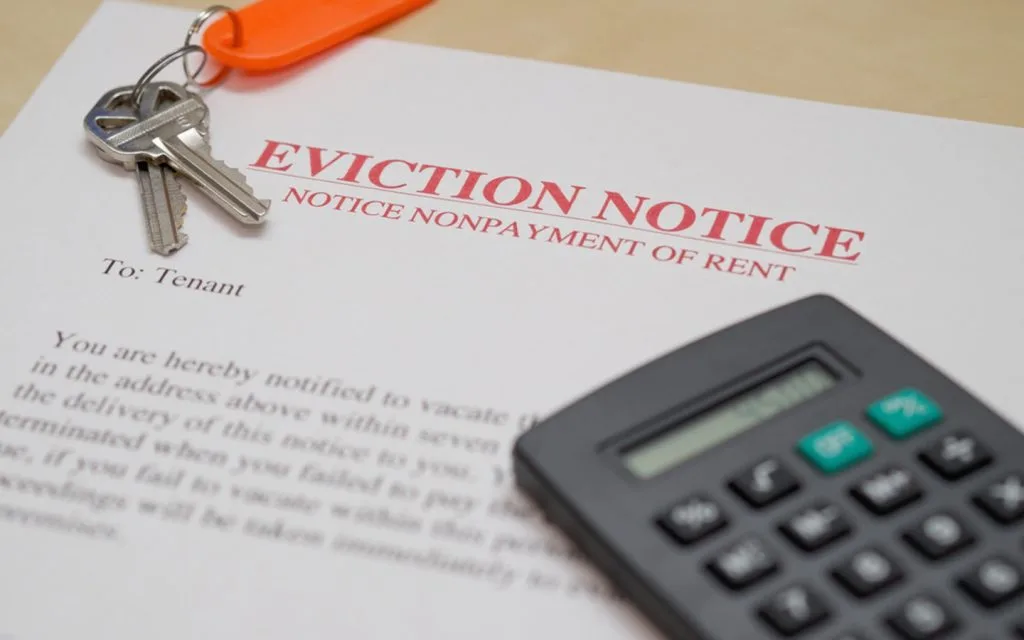In Dubai, rent prices will only rise by 36% in 2022, and a large majority of tenants will choose to extend their rental agreements. Strong market conditions have led to landlords raising rents more frequently, which is terrible news for all tenants. But what is the most rent rise a landlord may request in 2023? Can they do it when? What options do you have to negotiate or reject a planned rent increase if you don’t like them?
These concerns are important since it pays to be aware of your landlord’s rights and restrictions. Here’s everything you need to know whether you just got a rent increase notification or are expecting one shortly.

CAN MY LANDLORD INCREASE MY RENT ?
Yes, to answer briefly. However, this increase can only occur when the rental agreement is renewed, not during the pre-agreed term.
The Dubai Land Department (DLD) mandates that landlords give renters at least 90 days’ notice before raising rent. This means that they must provide you at least 90 days’ notice before the agreement is up for renewal, with the rent increase taking effect at that time.
What if my landlord did not comply with the 90 days notice?
Your legal right is to reject the rent increase if the landlord fails to give you 90 days’ notice. Simply speaking, if your landlord did not give you written or electronic notice of a rent increase, the increase is not valid. The agreement you signed automatically renews at the same rental cost if your landlord ignored the 90-day notice.
You can submit a case at the Rent Issues Settlement Centre if your landlord is adamant. You’ll have to pay 3.5% of your annual rent to do this. However, the judge will almost always give a successful applicant costs.
Is there a cap on how much the rent can be increased?
The amount that a landlord may raise rent in Dubai in 2023 is specified in Decree Number 43. If the rent is currently:
- No rent increase is allowed if the rental rate is less than 10% below the typical market rental rate.
- A maximum increase of 5% is allowed when the rental rate is between 11% and 20% below the typical market rental rate.
- A maximum increase of 10% is allowed when the rental rate is between 21% and 30% below the typical market rental rate.
- A maximum increase of 15% is allowed when the rental rate is between 31% and 40% below the typical market rental rate.
- A maximum increase of 20% is allowed if the rental rate is more than 40% below the typical market rental rate.
How do I know the average market rental rate?
Both tenants and landlords can use the DLD Rental Index to calculate the typical market rental rate. Just visit the rental index calculator online. The tool will compute the average rent when you fill out the necessary details, such as the property type, area, and bedrooms.
Either landlords and tenants can use the Rental Index as a handy resource for rental values. This tool can be used to determine the typical market rent as well as to visualise potential rent hikes.
What can I do if my rent increase isn’t reasonable?
Nobody likes to pay a higher rent than necessary. Speak with your landlord about this and specify how much they are authorized to increase the rent if you are confident that they are attempting to raise the rent beyond what is allowed by the Rent Index. If you are in the right and you are having trouble fighting back, you can submit a lawsuit with the Rent Disputes Settlement Centre.
It can come as quite a shock when your landlord suddenly notifies you that your rent will go up, whether this is your first time renting or you’ve been doing it for a while.
In case this situation occurs to you, we really hope that this article will clarify when and how your landlord may raise your rent.

